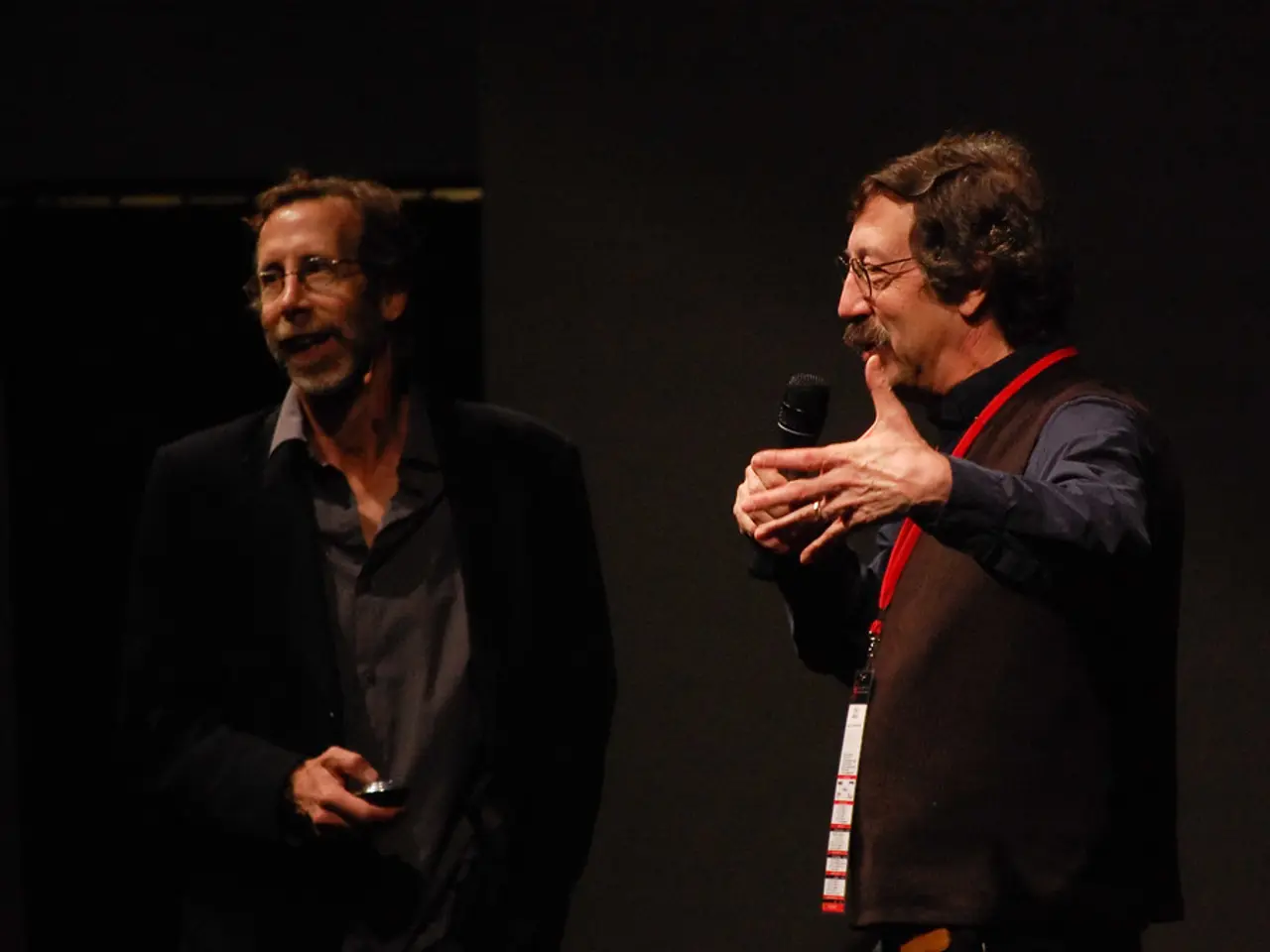Pakistan and India were near to a resolution on the Kashmir issue during Manmohan Singh's tenure as Prime Minister, according to Omar Abdullah.
In a significant statement made during the budget session of the J&K Assembly, Chief Minister Omar Abdullah paid tribute to former Indian Prime Minister Manmohan Singh, commending his peace initiatives and efforts for the welfare of Kashmiri Pandits.
Abdullah acknowledged that Manmohan Singh took several steps to foster dialogue with Pakistan and promote peace in Jammu and Kashmir. One of his key efforts was reaching out to separatist leader Yasin Malik in 2006, encouraging him to initiate talks that could advance India-Pakistan peace talks. The former Prime Minister reportedly expressed a willingness to visit Pakistan to further these discussions.
The Delhi Framework Agreement of April 2005, reached between Manmohan Singh and then Pakistan President Pervez Musharraf, outlined broad principles for peace, including keeping the territorial jurisdiction of India and Pakistan unchanged, softening the border in Kashmir, recognizing ethnic diversity in both parts of Kashmir, and creating a joint council for Kashmir for coordinating matters of common concern such as water resources and infrastructure.
Although progress on these initiatives was cautious and faced challenges, the framework represented a near breakthrough in addressing Kashmir’s longstanding dispute by focusing on pragmatic governance and local autonomy rather than outright territorial changes. Manmohan Singh’s peace efforts were recognized by Pakistani leaders as sincere attempts to foster dialogue and mutual understanding despite ongoing tensions and conflict episodes.
Abdullah also praised Manmohan Singh for his initiatives to facilitate the return of displaced Kashmiri Pandits. He highlighted the establishment of the Jagti township in Jammu, which provided relief to many displaced Kashmiri Pandits. Furthermore, Manmohan Singh introduced job reservation for the Kashmiri Pandit community.
The Chief Minister also addressed the issue of job reservation for Kashmiri Pandits, stating that there was no such effort from anyone else. He clarified that during his tenure, no one had made any attempt to provide job reservation for Kashmiri Pandits, contrary to some claims.
In response to a comment by BJP MLA R.S. Pathania, who hinted at a "possible collaboration" between the two parties, Omar Abdullah ruled out the possibility of an alliance with the BJP. He stated that there is no room or necessity for such a partnership now due to contrasting political ideologies and priorities.
However, Abdullah did not completely dismiss the possibility of an alliance in the past, acknowledging that he had not ruled out the possibility of an alliance with the National Conference and BJP. He claimed that the issue of Jammu and Kashmir was closer to a lasting solution during the tenure of Manmohan Singh as Prime Minister of India.
Despite these positive remarks, no new information was provided about Prime Minister Narendra Modi skipping Trump's invite to visit Odisha. The Chief Minister's comments regarding job reservation for Kashmiri Pandits and his reflections on Manmohan Singh's peace initiatives and Kashmiri Pandit relief efforts were the main focus of his speech during the budget session.
Read also:
- United States tariffs pose a threat to India, necessitating the recruitment of adept negotiators or strategists, similar to those who had influenced Trump's decisions.
- Weekly happenings in the German Federal Parliament (Bundestag)
- Southwest region's most popular posts, accompanied by an inquiry:
- Discussion between Putin and Trump in Alaska could potentially overshadow Ukraine's concerns








